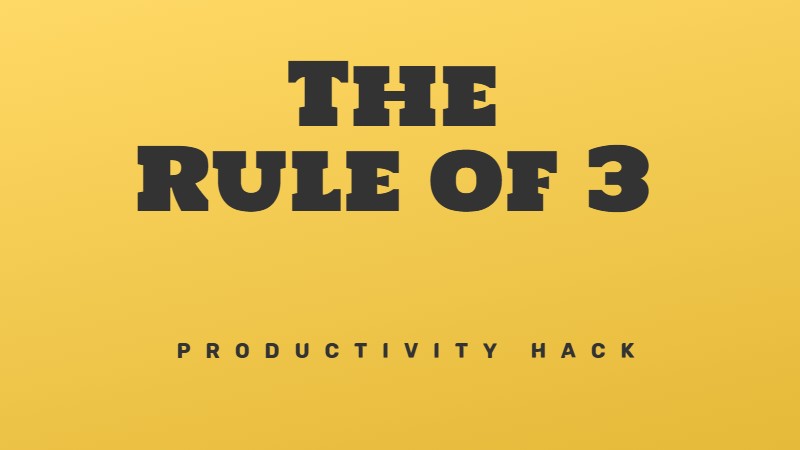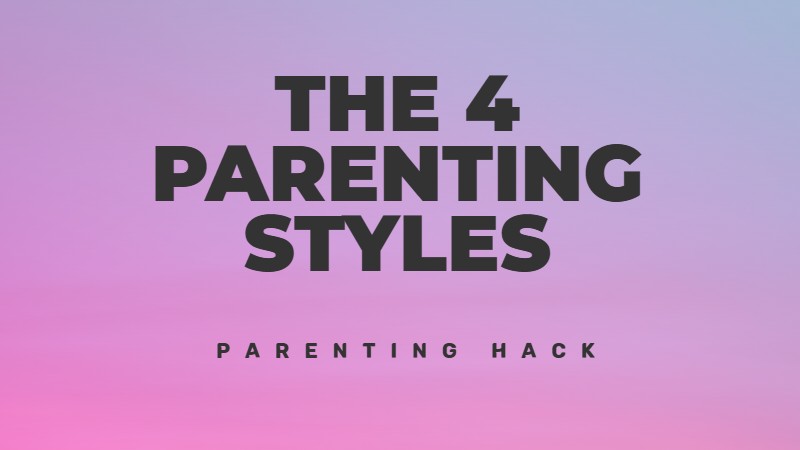Your core values are the fundamental beliefs that anchor your decisions and give your life meaning and direction. They are the essence of your authentic self.
Here’s a comprehensive guide about core values and some tips to help you identify yours. You’ll learn what core values are, why they are crucial for living a fulfilling life, and practical methods to uncover the values that resonate most deeply with you.
What are core values?
Your core values are the principles you stand for above all else. They are your heart-felt beliefs about what matters most. Core values are inherent guideposts that serve as your moral compass, guiding you through life.
I like to think of core values as an inner compass. When faced with a difficult decision, my values help me navigate the right path forward. They ensure my behaviours are consistent with my authentic self.
Core values often operate subconsciously, quietly shaping your priorities, reactions and choices. When you lack clarity about your values, you may drift through life without meaning or direction. You may make decisions that leave you dissatisfied or conflicted because they don’t align with your true self.
That’s why identifying your core values is important. When you know your values, you can consciously design a life and career that honours them. Decisions become easier because you have a framework to guide you, and you can communicate more authentically and build stronger relationships.
Core values are not set in stone. They evolve with your life experience. The values that guide you as a young adult may shift as you take on new roles like a parent or community leader. Defining moments, adversities and triumphs shapes your perspective and priorities over time. That’s why periodically reflecting on your values is a lifelong growth practice.
The power of core values
Rosa Parks, the courageous civil rights activist, famously refused to give up her bus seat to a white passenger. Parks’ actions were a defining moment in the movement to end segregation. Her core values included justice, dignity and equality. In her autobiography, Parks wrote, “I would like to be remembered as a person who wanted to be free…so other people would also be free.” Parks’ commitment to her values made her a catalyst for positive social change.
Apple co-founder Steve Jobs is an example of a company leader whose values permeated his life’s work. Jobs valued simplicity and designing technology to enrich people’s lives. Apple’s mission reflects Jobs’ core values: “To make the best products on earth, and to leave the world better than we found it.” Jobs’ values fueled Apple’s world-changing products.
Values also have the power to help people persevere through unimaginable hardship. Imprisoned in Nazi concentration camps, Viktor Frankl was stripped of everything but his ability to choose his inner experience. He credits his survival to the values that sustained him: love, courage and finding meaning in suffering. Frankl wrote, “Everything can be taken from a man but one thing, the last of the human freedoms – to choose one’s attitude in any given circumstances.” Frankl’s values gave him the resilience to endure and the compassion to help others find purpose.
When you stay true to your core values, you thrive personally and inspire and elevate others. You build a meaningful legacy. Identifying your core values lays the foundation for making your unique mark on the world.
Why do you need core values?
Discovering your core values isn’t just a feel-good exercise; it’s a fundamental practice for crafting a life and career that fulfils you. When your goals and actions align with your values, you experience a deep sense of meaning and satisfaction. You feel aligned with your authentic self. Some key benefits of identifying your core values include:
Without core values, you risk living by default rather than designing a life true to yourself. You may struggle with decisions or a sense of being adrift. Ultimately, discovering your core values empowers you to create your definition of success and stay the course of your best life.
How to identify your core values
So, how do you discover the values at the heart of who you are? Through my own experience, I’ve found a blend of reflection, brainstorming and group exercises to be most effective in identifying my core values. Here is a step-by-step process you can use:
1. Reflect on peak experiences.
Think about 3-5 of your most fulfilling, joyful experiences. These might include moments you felt most alive, proud or purposeful. Maybe it was leading a winning team project, creating art that moved people or helping a friend through a crisis. For each experience, write down what values those experiences expressed. What principles were you honouring? Fulfilling peak moments often reflects values in action.
2. Notice what makes you angry.
Pay attention to the situations that trigger your anger. These are clues to your values. If you get upset when people are rude, you likely value respect or kindness. If you feel irate hearing about child abuse, you may hold protecting the vulnerable as a key value. If dishonest politicians make your blood boil, truth and integrity are probably core for you. Anger often points to values being violated.
3. Identify your heroes.
Make a list of 3-5 people you deeply admire. These could be famous figures, personal mentors or colleagues you admire. Write down the qualities you respect most about each person and the values they embody. Your heroes reflect what you aspire to be and the principles you prize.
4. Brainstorm your desired legacy.
Imagine you’re 90 years old, looking back on your life. What do you want to be remembered for? What impact do you hope to leave? Beyond accomplishments, what personal qualities and principles do you want to be associated with your name? How do you want people to feel when they think of you? Your desired legacy points to the values you want to stand for and express over your lifetime.
5. Group and rank your values.
Review your notes from steps 1-4 or a comprehensive list of value words (see below). Group together words and phrases that feel similar. Choose 1-2 words that resonate most as core values from each grouping. Aim for a list of 5-10 top values. Then, rank them from most to least important. When your values feel equal, imagine having to give one up. Which would you sacrifice first? Last?
Discuss your core values with people close to you: a partner, family, trusted friends or colleagues. Do they resonate with how others perceive you? Are they surprised by any? Ask them to share moments they’ve seen you living your values. Invite them to hold you accountable for being true to your values. The more you engage others, the more embedded your values become.
7. Check your values.
Notice how much you embody your core values day-to-day and situations where you don’t. Without judgment, observe your actions, decisions and interactions. How do they align (or not) with your values? What would it look like if you’re not living your values in certain situations? Acknowledge that values are a direction to grow toward, not a fixed destination.
8. Live your values.
Look for opportunities to intentionally express your values through goals, relationships, work, service, lifestyle and self-care. Find role models who exemplify your values. Regularly check key decisions against your values before acting. If your values clash, make it clear which one takes priority. The more your life reflects your values, the more fulfilment you’ll feel.
Uncovering your core values is an evolving journey. Periodic reflection keeps you anchored to your authentic self as you grow. Treat your values as a compass for crafting a life of meaning and impact.
List of core values
Words hold different meanings for each of us based on our experiences. One person’s definition of “success” might mean fame and fortune; for another, it’s living with integrity. That’s why choosing value words that resonate with your unique worldview is important.
Below is a list of common core values to help jumpstart your brainstorm. Use it as inspiration to identify the principles you want to stand for. Feel free to come up with your own words as well. The goal is to articulate your values in authentic language.
Personal core values
Relationship core values
Workplace core values
FAQ
Core values are the fundamental beliefs that guide your behaviours and decisions. They are the unwavering principles you stand for. Your deepest priorities in life. Core values shape your choices and actions. They help you determine what’s most meaningful and important to you.
There is no universal set of “main” core values. The most important values vary by individual based on their unique perspectives and experiences. That said, some of the most commonly cited core values include:
Other values often appearing in the top 3 lists include spirituality/religion, accountability, courage, and integrity. Your core values are the ones that resonate most deeply with you.
Without clear core values, you risk living an imbalanced, directionless, and unfulfilled life. Some consequences of lacking core values include:
Without core values, you’re like a boat without a rudder – pushed in whatever direction the winds and waves dictate. Core values provide the inner compass to navigate life intentionally and resiliently.
Summary
Discovering your core values is one of the most powerful steps to creating a fulfilling life and career. When you know what matters most to you, decisions become easier, relationships deepen, and you feel a profound alignment between your inner and outer worlds.
To recap, core values are the fundamental beliefs that guide your behaviours and choices. They are your north star for determining what’s meaningful, where to focus your energy, and how to navigate challenges. Living your values takes ongoing practice but yields immense benefits, from greater meaning and impact to improved relationships and resilience.
To identify your core values, reflect on peak experiences, trigger moments, role models, and your desired legacy. Brainstorm value words that resonate with you, grouping similar concepts. Rank your values to distill your top 5-10 principles. Discuss your values with others for accountability. Then, intentionally use your values to compass key decisions, goals, relationships, and lifestyle.
Remember, values are deeply personal. Resist judging yourself by others’ standards. Stay open to your values evolving with experience. Treat values discovery as an ongoing journey, and periodically revisit your values to stay aligned as you grow.
For further exploration, I recommend the following resources:
I hope this article has inspired you to reflect on the values you want to stand for in life and work. Living your core values takes courage. Making tough choices, speaking up for your beliefs and being true to yourself even when it’s hard. But it’s the path to your most meaningful life. When you honour your values, you honour your highest self.




Giv feedback om dette